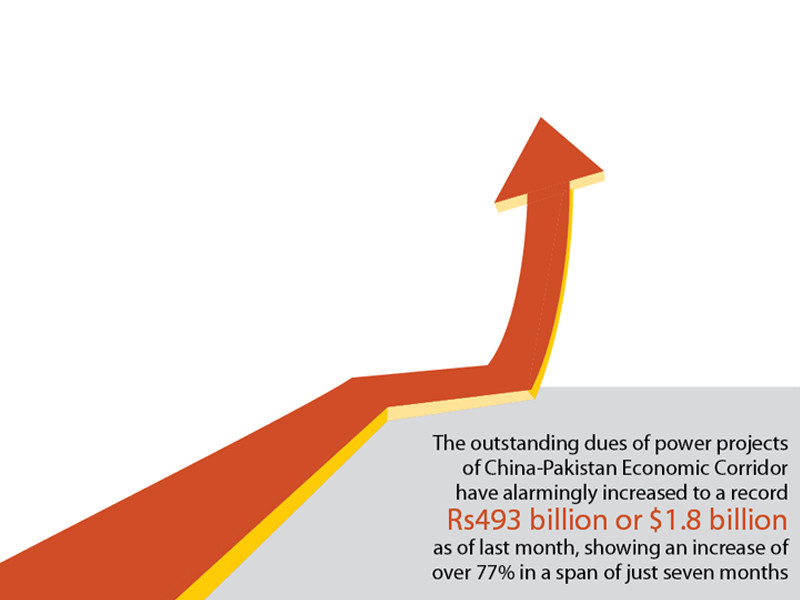
The outstanding dues of power projects of China-Pakistan Economic Corridor (CPEC) have alarmingly increased to a record Rs493 billion or $1.8 billion as of last month, showing an increase of over three-fourths in a span of just seven months.
The massive surge in the dues of the Chinese energy projects during the time of the caretaker government may become a serious issue for Pakistan in managing its economic relations with Beijing.
Sources told The Express Tribune that as of end January, Pakistan owed around Rs493 billion to Chinese power generation and transmission projects. The amount is Rs214 billion or 77% higher than June last year, according to the sources.
The major reason behind the surge in the dues was the failure of the Power Division to settle at least 90% of the monthly claims filed by these power generation and transmission projects. The sources said that for the month of June, the power plants had submitted Rs110 billion worth of claims. But the Power Division settled less than Rs60 billion or about 53% of the monthly claims.
Last month, China linked the approval of a $600 million new foreign commercial loan with the prior settlement of the debt that Pakistan owes to the Chinese power plants. It was rare on the part of any country to link a foreign commercial loan with any prior action, indicating resentment in the Chinese camps.
Pakistan had requested the Industrial and Commercial Bank of China (ICBC) and the Bank of China for a total loan of $600 million. Each bank had been approached for $300 million in financing. Pakistan’s authorities had hoped that they would get the loans in December.
Under the Energy Framework Agreement of the CPEC, Pakistan had committed to setting up a revolving fund and depositing an amount equal to 21% of the invoices generated for power payments. The 21% is the sum that the Pakistani authorities fail to collect, adding to the vicious power sector circular debt. The arrangement had been sought to protect Chinese firms from circular debt.
But instead of setting up a fund, Pakistan in October 2022 opened a Pakistan Energy Revolving Account (PERA) at the State Bank of Pakistan with Rs48 billion in annual allocations with a condition to withdraw a maximum of Rs4 billion per month. As a result, the Chinese IPPs’ debt is now hovering around Rs400 billion.
The sources said that the government has again allowed settling only Rs4 billion of the Chinese energy debt in February, indicating that it does not see any urgency to solve the dispute. The Rs4 billion monthly allocations are not sufficient to settle the monthly inflow, leaving the stock unsettled.
Read Third party inclusion to boost CPEC benefits
The report showed that out of Rs493 billion, Pakistan owed Rs97 billion to the imported-coal fired Sahiwal power plant – the highest obligation to any Chinese energy project that also represents one-fifth of the Chinese outstanding energy dues.
Islamabad also owed over Rs82 billion to the coal-fired Hub power project, Rs80 billion to the coal-fired Port Qasim power plant, and Rs79 billion to the Thar Coal project.
The Chinese government, through Pakistan’s embassy in Beijing and its own embassy in Islamabad, has multiple times raised this issue at all forums.
Due to huge outstanding liabilities, Chinese insurance company M/s Sinosure is also not providing any fresh lending to power sector projects in Pakistan. The Chinese government had also raised this issue with the last Pakistan Democratic Movement (PDM) government.
Overdue payments to the Chinese Independent Power Producers (IPPs) are causing huge concern among Chinese businesses. Former Special Assistant to PM on Foreign Affairs, Tariq Fatemi, had written to the planning ministry a few months ago.
China, in the past, had also raised the issue of Pakistan’s overall public debt unsustainability and its implications for obtaining $6 billion to $7 billion new loans for the Mainline-I railways project of the CPEC.
The details showed that the receivables of Engro PowerGen plant increased to Rs57 billion by the end of January. The country also owed Rs32 billion to the sponsors of the Matiari-Lahore Transmission Line project. Likewise, Karot power project receivables have surged to Rs23 billion by the end of last month.
The payables to Thar coal energy limited and ThalNova have increased over Rs7 billion. The UEP power plant receivables have crossed Rs5 billion. The receivables of the rest of the energy projects of the CPEC ranged from Rs2 billion to Rs4.5 billion.
This month the International Monetary Fund did not approve the Rs1.27 trillion circular debt reduction plan. The IMF objected to the government’s proposal on the grounds that it carried serious fiscal risks, as it also rejected the proposal of issuing Rs745 billion additional supplementary grant.
Published in The Express Tribune, February 24th, 2024.
Like Business on Facebook, follow @TribuneBiz on Twitter to stay informed and join in the conversation.



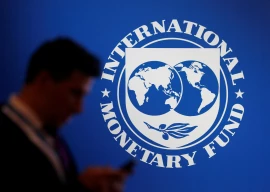
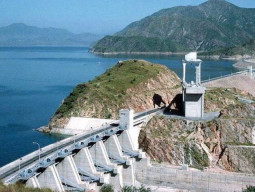
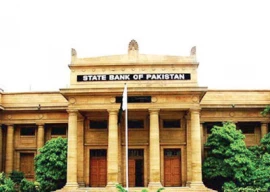

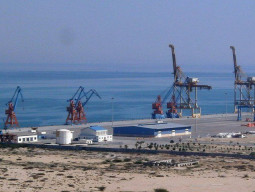

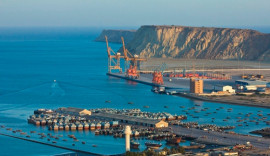



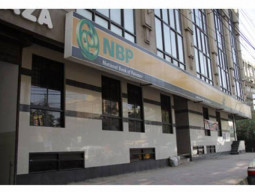








COMMENTS (2)
Comments are moderated and generally will be posted if they are on-topic and not abusive.
For more information, please see our Comments FAQ